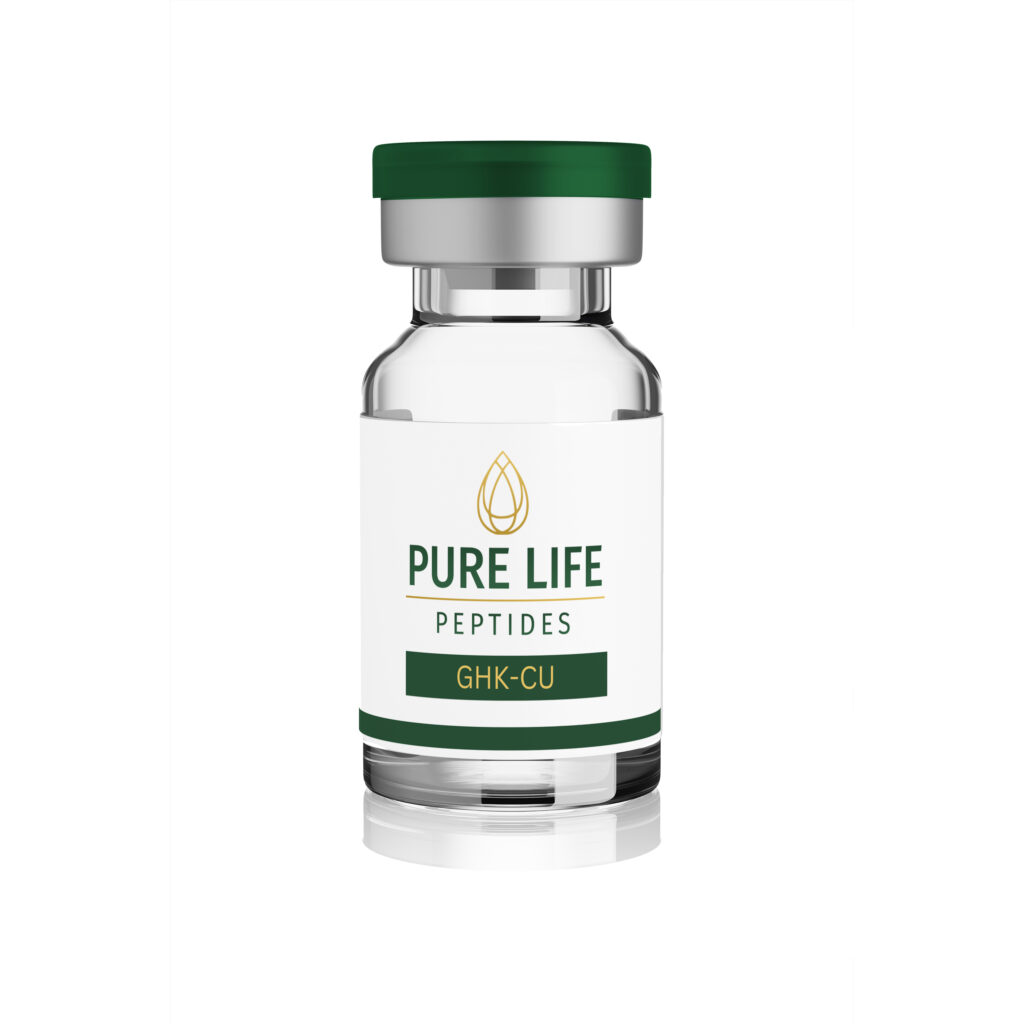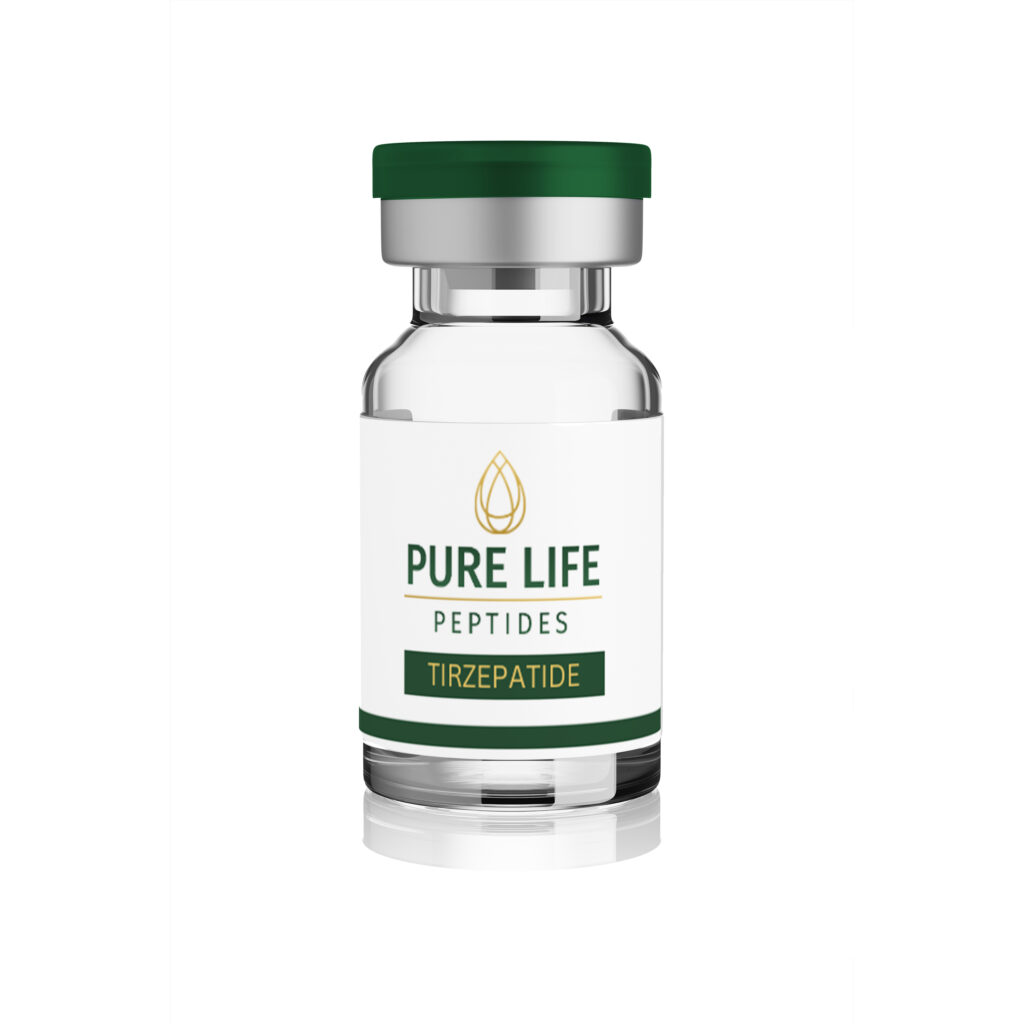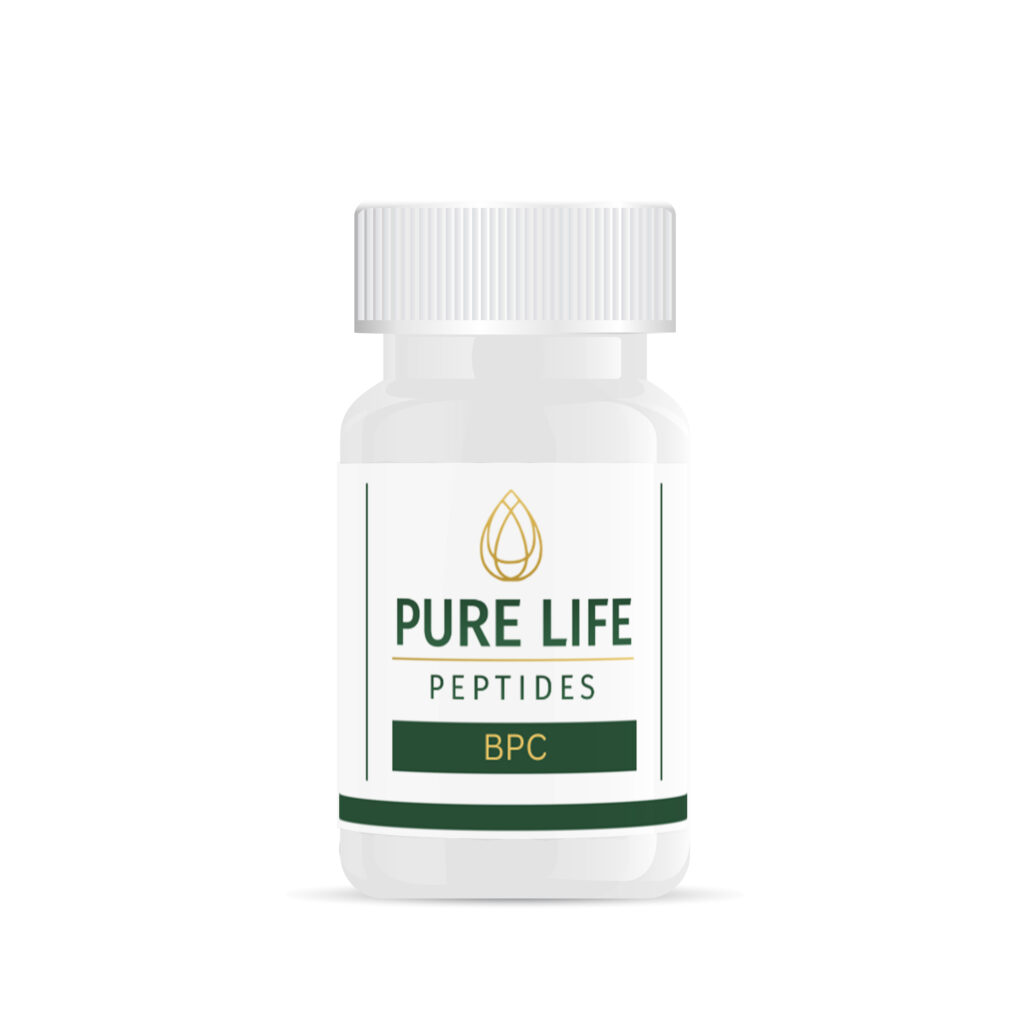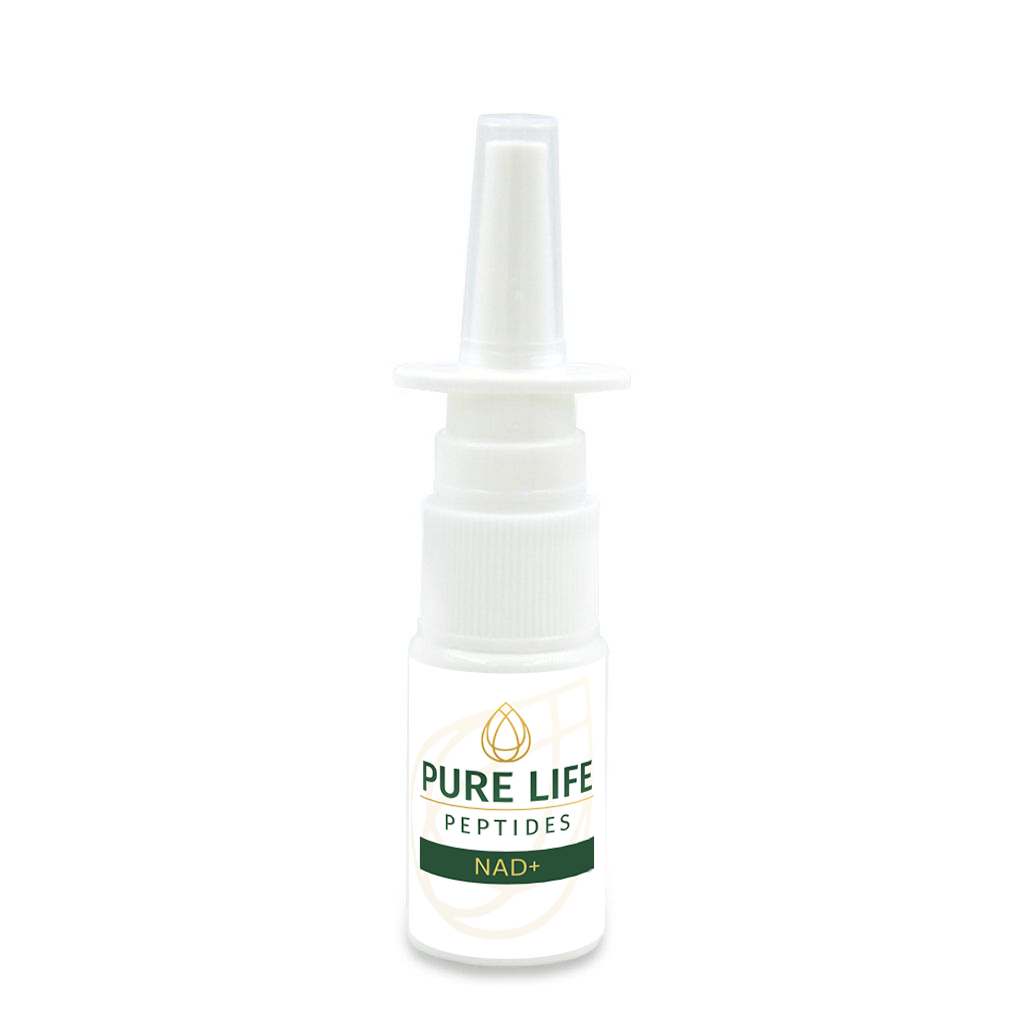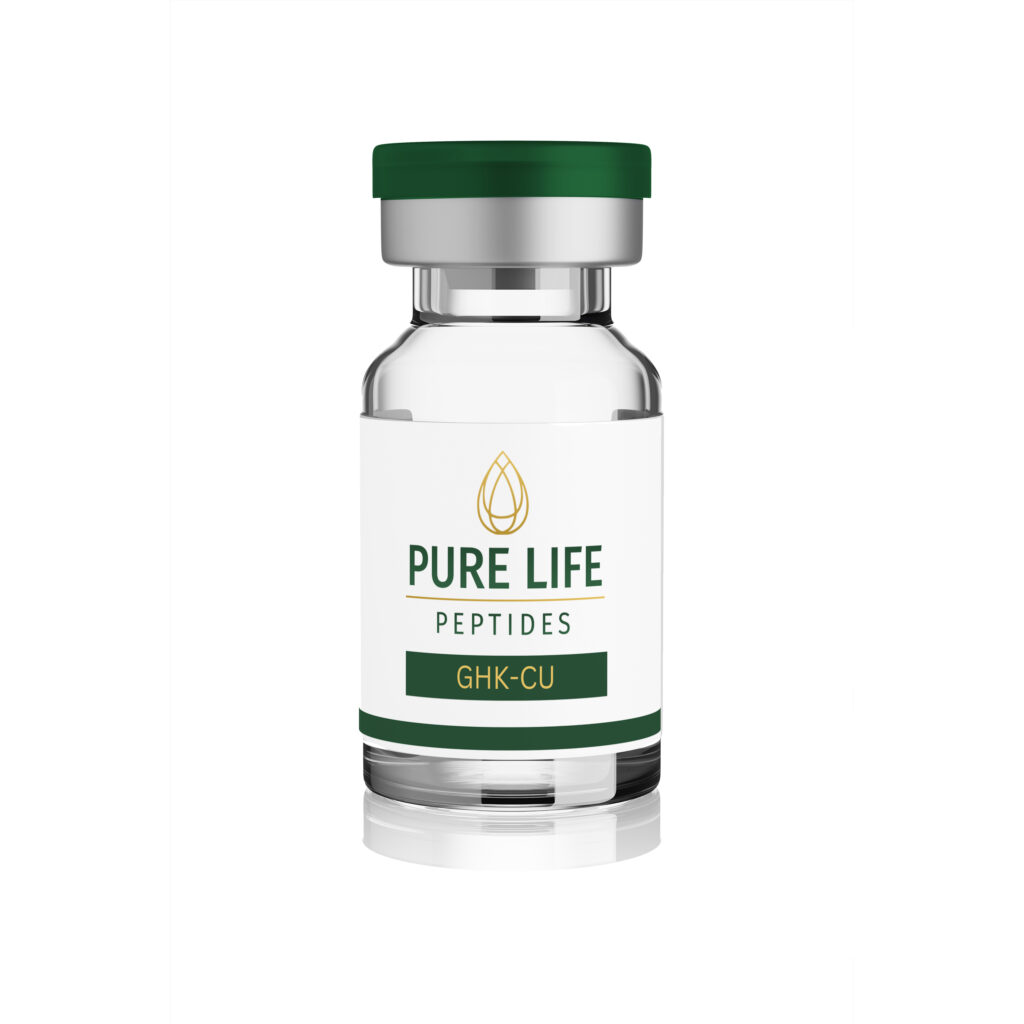Peptide science continues to advance, revealing new possibilities for optimizing metabolic health, cognitive function, cellular repair, and longevity. While peptides like GLP-1 receptor agonists (such as semaglutide and tirzepatide) have gained attention for their role in blood sugar regulation and appetite control, other peptides are being explored for a range of applications including anti-aging, muscle preservation, neuroprotection, and immune modulation.
One emerging area of interest is microdosing peptides using lower-than-standard doses to achieve therapeutic benefits while minimizing side effects. Could this approach unlock new potential for metabolic balance, longevity, and cellular resilience? Let’s explore the science behind microdosing peptides, their applications, and why they may play a role in optimizing overall health.
What Is Microdosing Peptides? Microdosing involves administering peptides at lower-than-typical doses to achieve gradual, sustained effects rather than dramatic shifts in metabolism, muscle growth, or neurochemistry.
Unlike full-dose protocols, which often produce rapid and intense physiological changes, microdosing focuses on long-term optimization and cellular balance. This approach has gained popularity in the peptide community due to its potential to:
- Enhance metabolic health without extreme physiological shifts
- Reduce the likelihood of side effects while maintaining benefits
- Improve recovery, cellular repair, and mitochondrial function over time
- Provide a sustainable method for individuals with heightened sensitivity to peptides
While microdosing is commonly associated with GLP-1 receptor agonists, it is also being explored for a variety of peptide categories, including those that influence growth factors, tissue regeneration, and cognitive function.
Peptides Commonly Used for Microdosing Several peptides are being studied for their effects on metabolic health, neurological function, muscle preservation, and longevity. Microdosing may enhance their benefits while reducing potential adverse effects.
- Growth Hormone Secretagogues (GHS) for Recovery & Longevity Peptides like Ipamorelin, CJC-1295, and MK-677 are commonly used to stimulate natural growth hormone release, supporting:
- Muscle recovery & preservation
- Fat metabolism & lean body mass retention
- Improved sleep quality & cellular repair
- Collagen production for skin, joints, and tendons
Microdosing growth hormone secretagogues may provide a gentler, sustained increase in growth hormone levels rather than dramatic spikes, making it a viable long-term wellness strategy.
- BPC-157 & TB-500 for Cellular Repair & Injury Recovery Known for their roles in tissue regeneration and healing, peptides like BPC-157 and TB-500 may offer benefits for:
- Joint and tendon repair
- Gut lining restoration
- Neurological protection and nerve regeneration
- Reducing systemic inflammation
Microdosing these peptides may provide ongoing cellular support, particularly for those managing chronic inflammation, recovery from injuries, or gut health concerns.
- Thymosin Peptides for Immune System Modulation Thymosin-based peptides such as Thymosin Alpha-1 (TA1) and Thymosin Beta-4 (TB4) are being explored for their ability to:
- Support immune function and inflammation control
- Enhance cellular repair and resilience
- Aid in recovery from infections or immune imbalances
Microdosing immune-modulating peptides may offer a way to optimize immune function without overstimulating the body’s natural defense mechanisms.
- GLP-1 & GIP Receptor Agonists for Metabolic Balance While commonly used for weight management and blood sugar regulation, peptides such as semaglutide and tirzepatide may have broader applications when microdosed, including:
- Reducing oxidative stress & systemic inflammation
- Supporting cardiovascular health & kidney function
- Enhancing neuroprotection and cognitive longevity
Microdosing these peptides may allow for metabolic optimization without inducing significant weight loss, making them a potential tool for long-term wellness and longevity strategies.
Potential Benefits of Microdosing Peptides
- Smoother physiological adaptation – Lower doses may reduce sudden shifts in metabolism, making peptide use more tolerable for sensitive individuals.
- Minimized side effects – By using gradual, sustained peptide activation, individuals may experience fewer unwanted effects while still reaping long-term benefits.
- Sustained metabolic & cellular optimization – Rather than dramatic fluctuations, low-dose peptide use may promote gradual and stable biological enhancements over time.
- Flexibility in dosage adjustments – Microdosing allows for precision in tailoring peptide use to individual responses and long-term wellness goals.
Who Might Benefit from Microdosing Peptides? Microdosing peptides may be of interest to those seeking:
- A longevity-focused approach – Individuals looking to reduce inflammation, enhance cellular function, and promote long-term healthspan.
- Improved recovery and tissue repair – Athletes, active individuals, or those recovering from injury, surgery, or chronic inflammation.
- A gradual approach to metabolic balance – Those who want the benefits of peptides without dramatic shifts in weight, muscle mass, or hormone levels.
- Cognitive support and neuroprotection – Individuals focused on brain health, mental clarity, and memory preservation.
- Immune system modulation – Those looking to support immune function, resilience, and recovery from illness or chronic conditions.
The Future of Microdosing in Peptide Science As peptide research expands, microdosing is gaining attention as a potential strategy for long-term health optimization. While high-dose peptide protocols have traditionally been used for rapid results, low-dose regimens may provide a gentler, more sustainable pathway to enhanced well-being.
At Pure Life Peptides Canada’s #1 Trusted Peptide Vendor, we prioritize high-quality peptide formulations and ongoing education to support the growing interest in peptide science and metabolic health.
For more insights on how peptides may support performance, recovery, and longevity, explore our latest educational resources at Pure Life Peptides.





